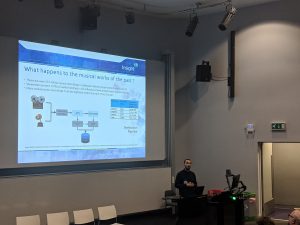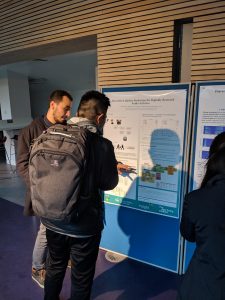Today is the UNESCO World Archives Day, highlighting the important work of archives and archivists in preserving our cultural heritage. The date was chosen to commemorate the creation of the International Council on Archives (ICA) founded on 9th of June 1948 under the auspices of the UNESCO. According to the ICA, “[a]rchives represent an unparalleled wealth. They are the documentary product of human activity and as such constitute irreplaceable testimonies of past events. They ensure the democratic functioning of societies, the identity of individuals and communities and the defense of human rights.”
Following quickly after the 6th June D-Day commemorations, today is a good day to highlight the important work that has been taking place to digitise and preserve the audio archives of the Nuremberg trials. Witnesses, lawyers and judges were recorded in their native tongues together with recordings of the live translations. This resulted in 775 hours of original trial audio recorded on 1,942 Presto gramophone discs and translations on Embossed tape, a clear-colored film also known as Amertape. While the tape degraded, the discs survived. The digitisation will be published next year but the fascinating story of was recently published by the Verge and PRI articles by Christopher Harland-Dunaway. University of Fribourg’s Ottar Johnsen worked with Stefano Cavaglieri, a colleague at the Swiss National Sound Archives and the International Court of Justices archivists using imaging and audio digital signal processing to capture the archive material. You can listen to it here:
 Last week, at the 11th International Conference on Quality of Multimedia Experience (QoMEX), QxLab PhD student Alessandro Ragano presented our work on how audio archive stakeholders perceive quality in archive material. By examining the lifecycle from digitisation through restoration and consumption, the influence factors and stakeholders are highlighted. At QxLab we are interested in how audio digital signal processing techniques can be used in conjunction with data driven machine learning to capture, enhance and explore audio archives.
Last week, at the 11th International Conference on Quality of Multimedia Experience (QoMEX), QxLab PhD student Alessandro Ragano presented our work on how audio archive stakeholders perceive quality in archive material. By examining the lifecycle from digitisation through restoration and consumption, the influence factors and stakeholders are highlighted. At QxLab we are interested in how audio digital signal processing techniques can be used in conjunction with data driven machine learning to capture, enhance and explore audio archives.
Alessandro’s research is supported in part by a research grant from Science Foundation Ireland (SFI) and is co-founded under the European Regional Development Fund under Grant No. 17/RC-PhD/3483. This publication has emanated from research supported by Insight which is supported by SFI under grant number 12/RC/2289. EB is supported by RAEng Research Fellowship RF/128 and a Turing Fellowship.

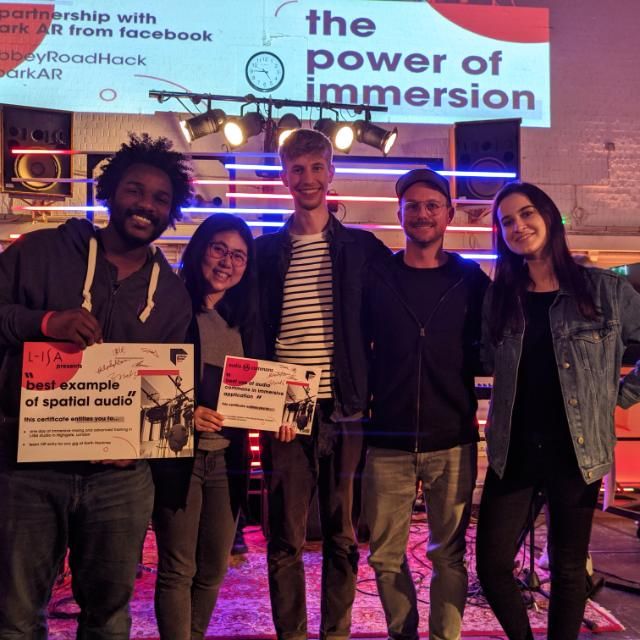 Pheobe participated in the Abbey Road Music Tech Hackathon winning two awards for Best example of spatial audio and the Best use of Audio Commons award.
Pheobe participated in the Abbey Road Music Tech Hackathon winning two awards for Best example of spatial audio and the Best use of Audio Commons award.
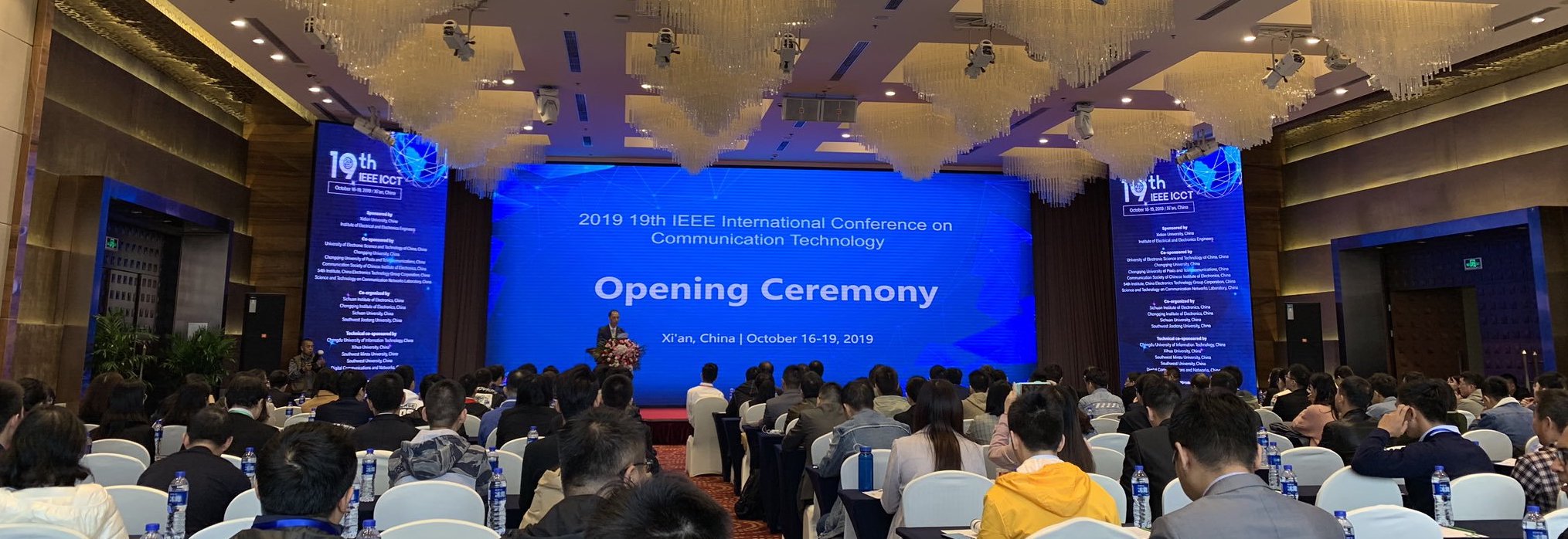
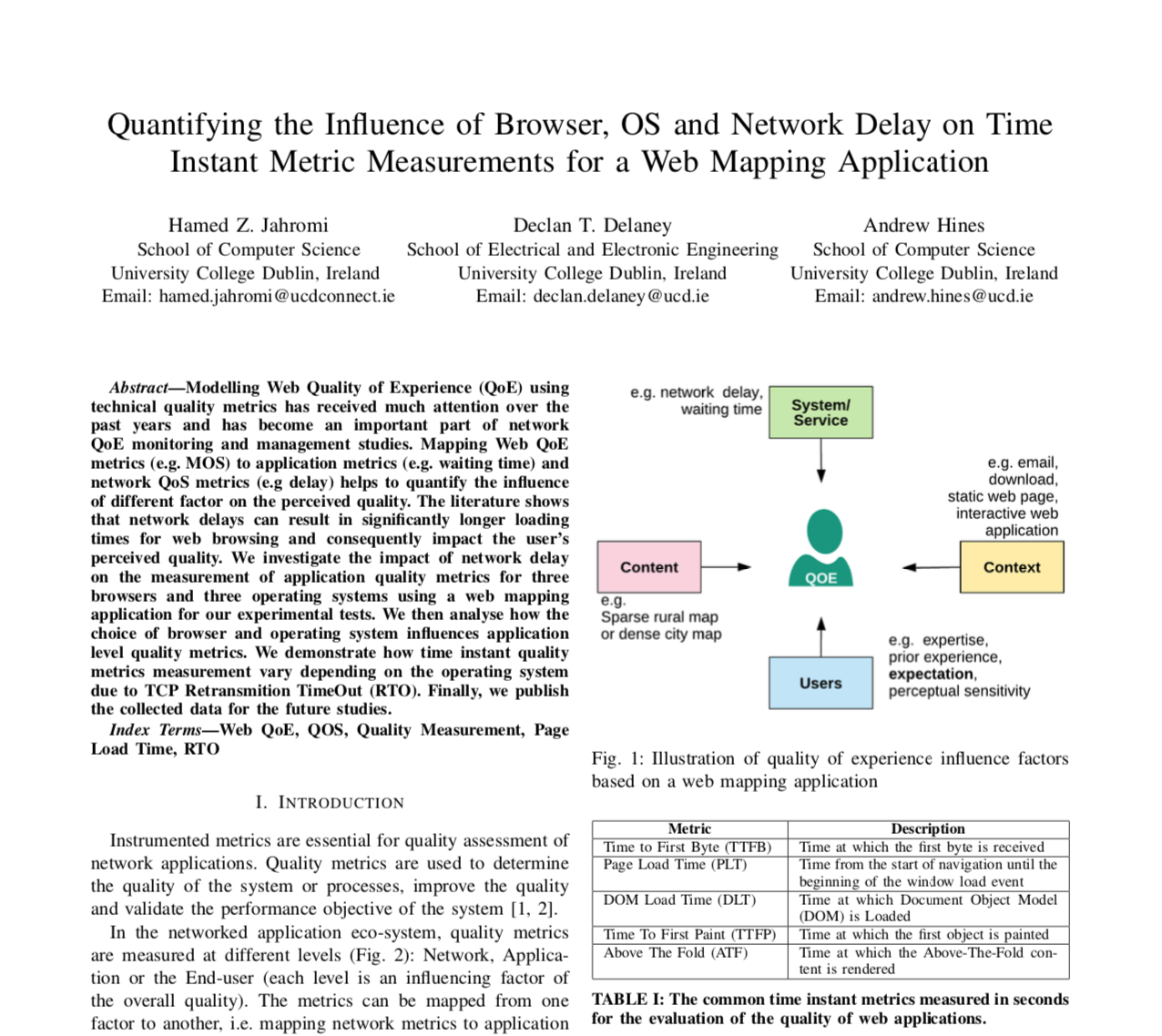
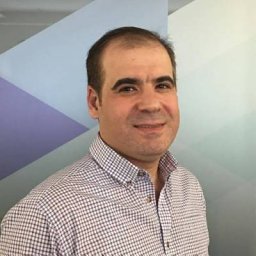 Wissam is a research fellow working on GAN codec quality prediction. His research is funded from a new grant awarded to QxLab by Google. He will be working closely with Google Chrome to develop a new speech quality model that works with generative speech codecs.
Wissam is a research fellow working on GAN codec quality prediction. His research is funded from a new grant awarded to QxLab by Google. He will be working closely with Google Chrome to develop a new speech quality model that works with generative speech codecs. Alex is an IRC Government of Ireland Postdoctoral Fellow developing QoE centric management of multimedia services and orchestration of resources in 5G networks using SDN and NFV.
Alex is an IRC Government of Ireland Postdoctoral Fellow developing QoE centric management of multimedia services and orchestration of resources in 5G networks using SDN and NFV.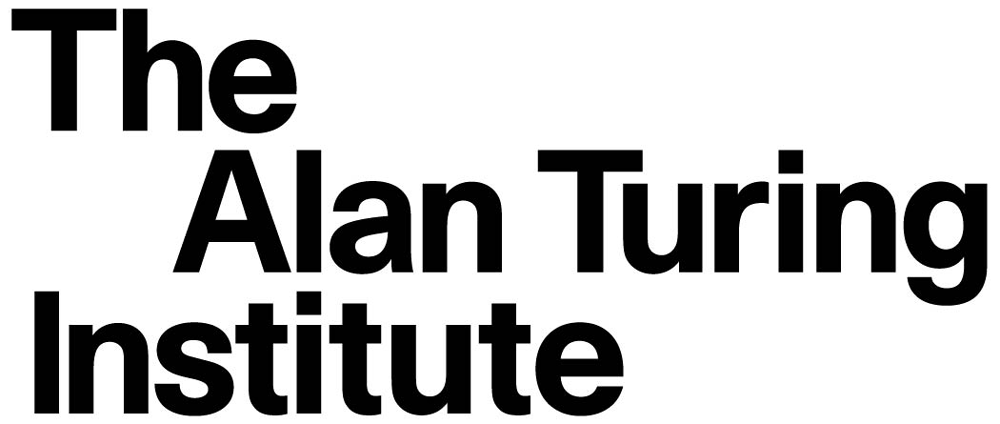
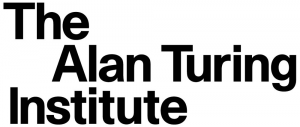
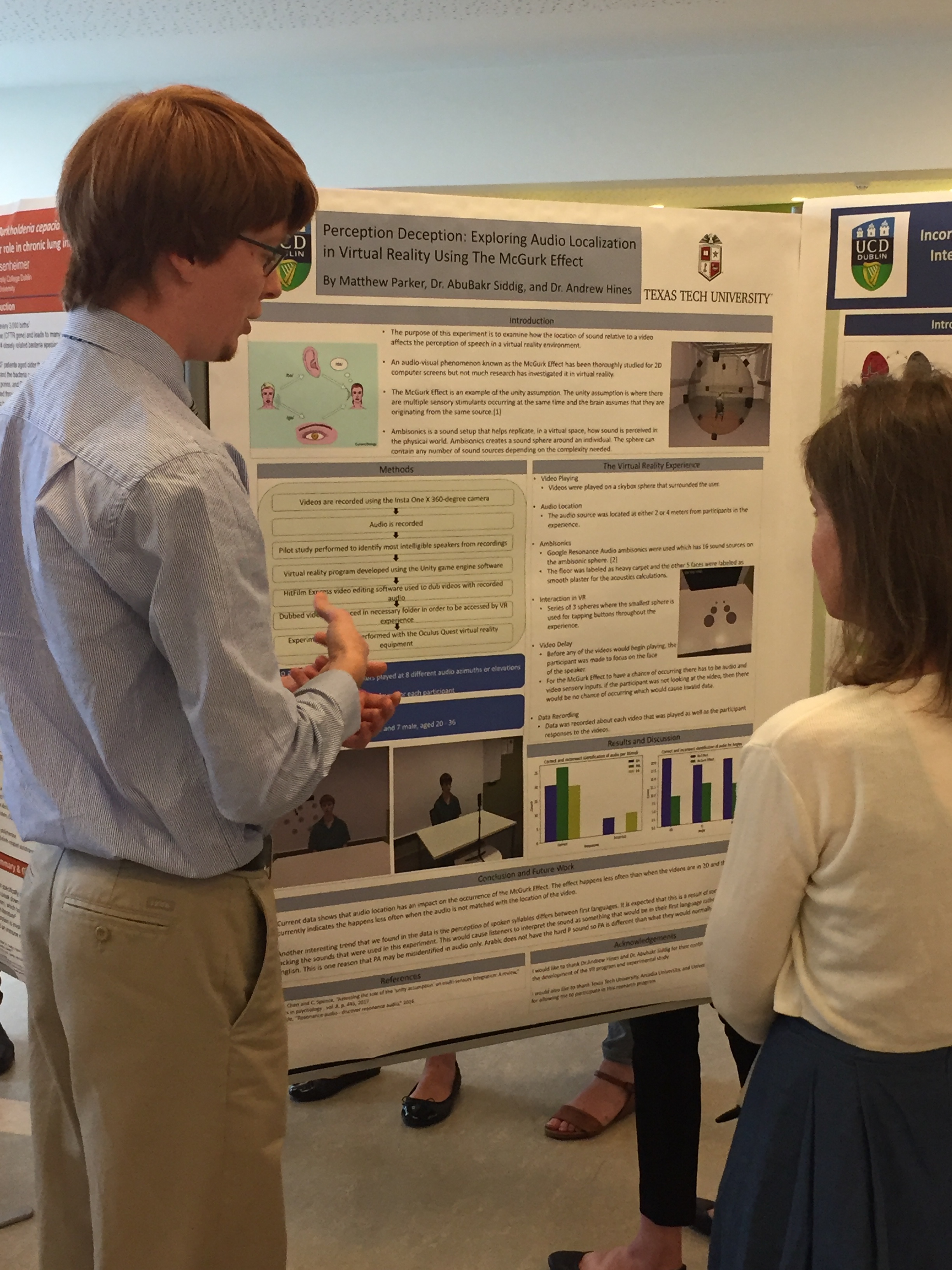

 Last week, at the 11th International Conference on Quality of Multimedia Experience (QoMEX), QxLab PhD student Alessandro Ragano presented our
Last week, at the 11th International Conference on Quality of Multimedia Experience (QoMEX), QxLab PhD student Alessandro Ragano presented our 
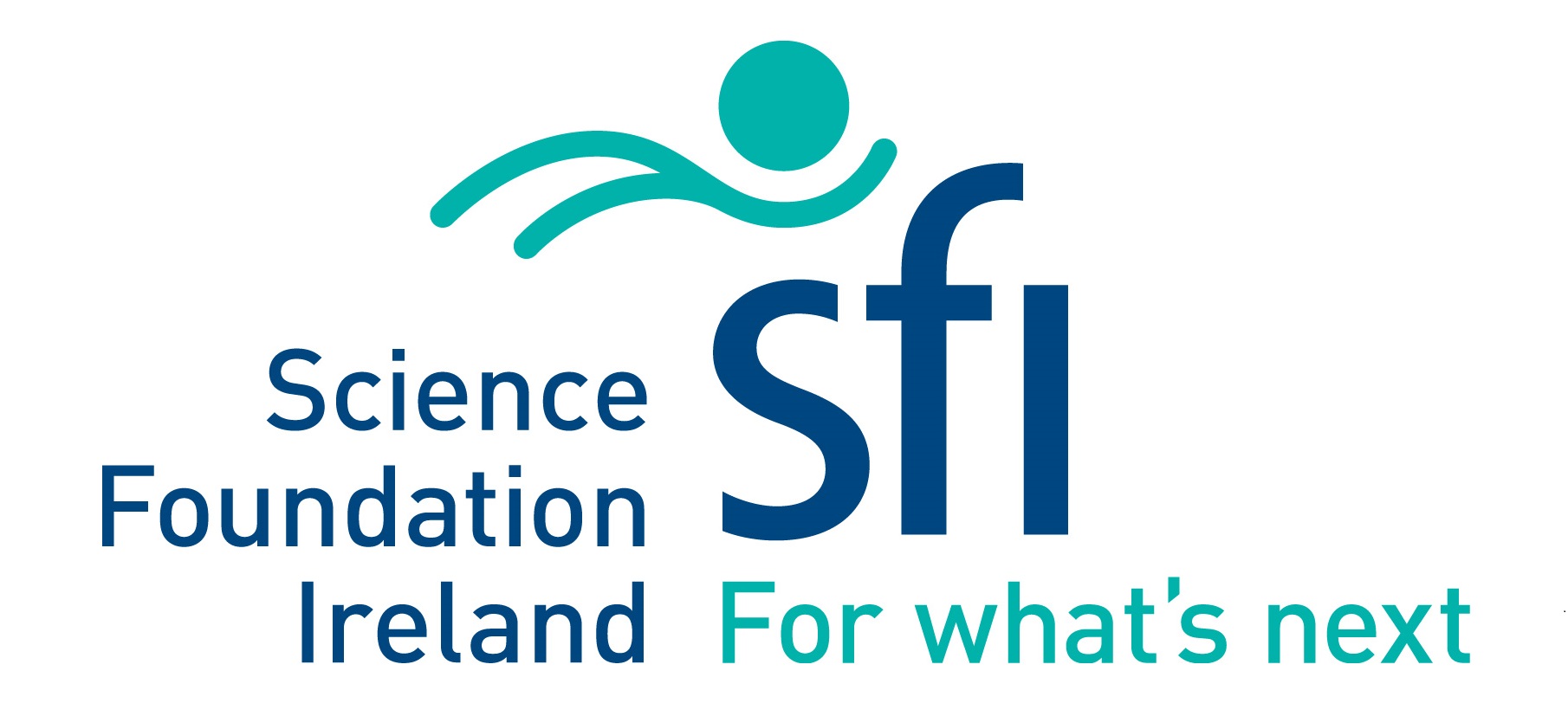 QxLab is participating in two
QxLab is participating in two 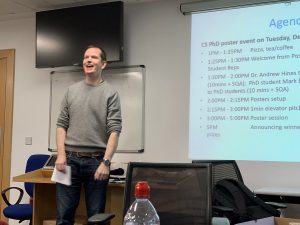 roller-coaster” compressed into several hours. I accepted the request without reflection (other than a “sure, that needs no preparations…”) and then panicked that my PhD experiences were stale and possibly no-longer relevant. Then I reflected that I wasn’t being asked to advice through the lens of a student, the actual question was what advice could I offer as someone who as experienced both sides of the student-advisor relationship. Getting the research question right was an important first step. Next I read a few other blogs, papers and tweets. There is already a large body of work in the area of PhD advice so I decided to skip the exhaustive literature review and to provide a case study style approach focusing purely on my own experience.
roller-coaster” compressed into several hours. I accepted the request without reflection (other than a “sure, that needs no preparations…”) and then panicked that my PhD experiences were stale and possibly no-longer relevant. Then I reflected that I wasn’t being asked to advice through the lens of a student, the actual question was what advice could I offer as someone who as experienced both sides of the student-advisor relationship. Getting the research question right was an important first step. Next I read a few other blogs, papers and tweets. There is already a large body of work in the area of PhD advice so I decided to skip the exhaustive literature review and to provide a case study style approach focusing purely on my own experience.